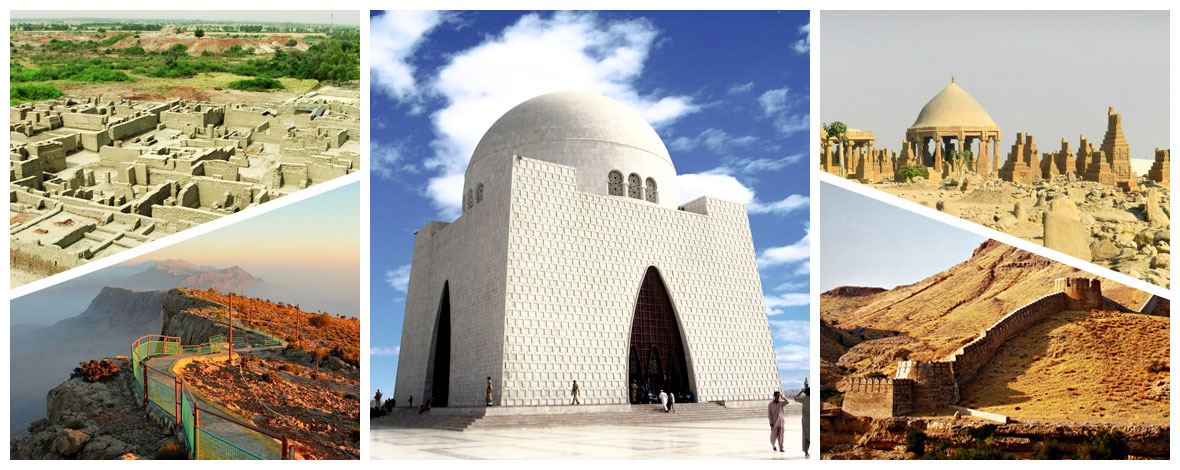
Table of Contents
There are many Top Places To Visit in Sindh, as Sindh is one of the old-fashioned areas that claims verifiable centrality in Asia and is very fascinating for visitors. It is the second biggest area of Pakistan, with two important seaports and the capital, Karachi, one of the biggest metropolitan urban communities in the world.
Sindh is glad to have obtained notoriety as Bab-ul-Islam (Gateway to Islam in the Indo-Pakistan subcontinent).
When Sindh was freed from British occupation in August 1947, the population was assessed at 5.5 million.
Today, after fifty years, the number of inhabitants in the area remains at around 40 million spirits, half of whom presently live in urban focuses like Hyderabad, Sukkur, Mirpurkhas, Tando Adam, Nawabshah, Larkana, Shikarpur, Khairpur, Badin and other little towns. It is fundamentally an agricultural area.
The Indus is a wide margin and the most vital stream in the area. The established name of the stream was Sindhu (Sanskrit for a sea), and the Sindh area was made and supported by the waterway, without which it would have been a desert.
The striking similarity of Sindh to Egypt was seen some time before the presence of a practical, identical, extraordinary ancient human progress was even suspected; its kind peculiarity, when contrasted with Indians, is extremely stamped. There is an old saying, “Similarly as Egypt is the endowment of the Nile, Sindh is the endowment of the Indus”.
We have some of the most notable places in Sindh that need your attention and are highly recommended while exploring Sindh. Look at the most visited place in Sindh that connects you to your ancestors and history.
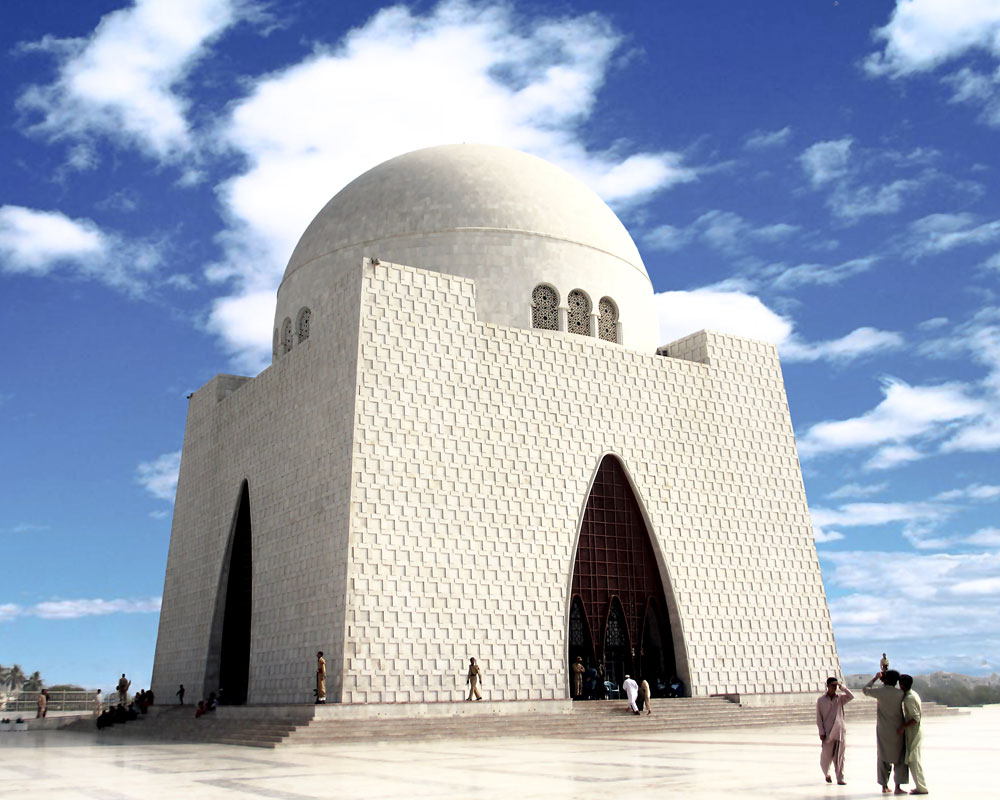
Places to visit in Sindh: Mazar-e-Quaid
The tomb was finished in 1970, planned in a 1960s pioneer style, set in the city’s focal point, and turned into a notorious image of Karachi.
The last resting spot of the Founder of Pakistan, an extraordinary pioneer with a great identity who kick the bucket for his country.
The catacomb likewise contains the tomb of his sister, Māder-e Millat Fatima Jinnah, and that of Liaquat Ali Khan, the former Prime Minister of Pakistan.
The grand white marble works with an extraordinary building plan. Official and Military service hung on every exceptional event outstanding 23 March, 14 August, 11 September, and 25 December mainly.
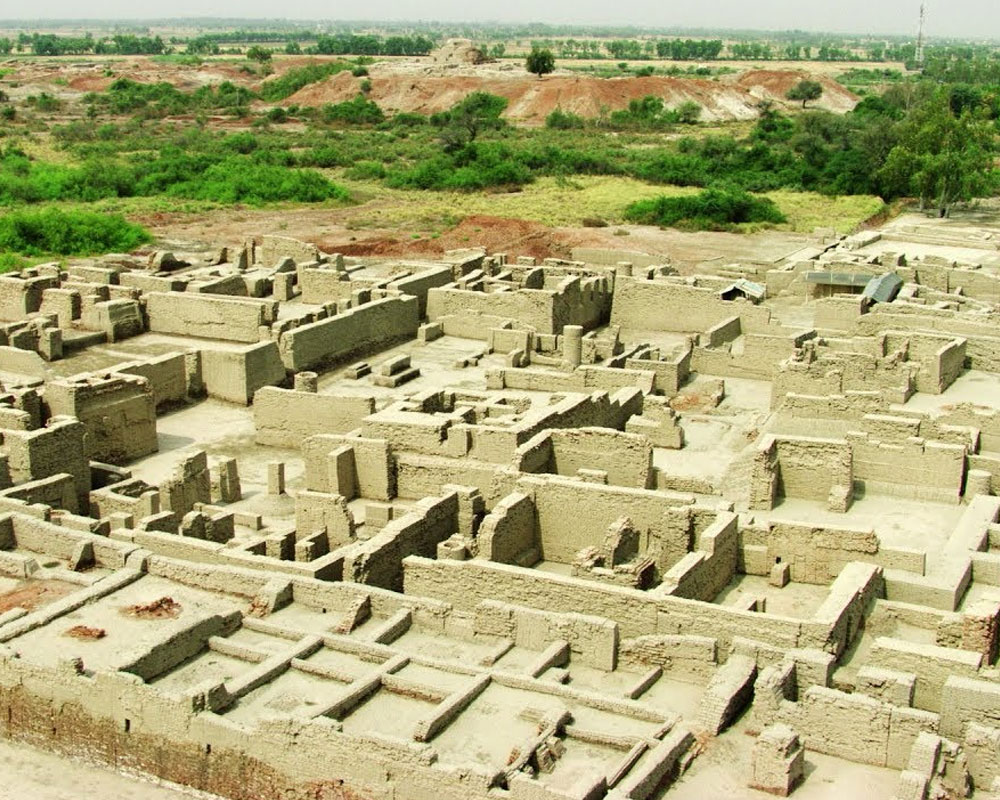
Places to visit in Sindh: Mohenjo-Daro
Built in 2500 BC, it was one of the biggest urban areas of the old Indus Valley Civilization, otherwise known as the Harappan Civilization.
Mohenjo-Daro, the advanced site name, has been deciphered differently as “Hill of Dead” in Sindhi.
It is found west of the Indus River in Larkana District, Sindh, Pakistan.
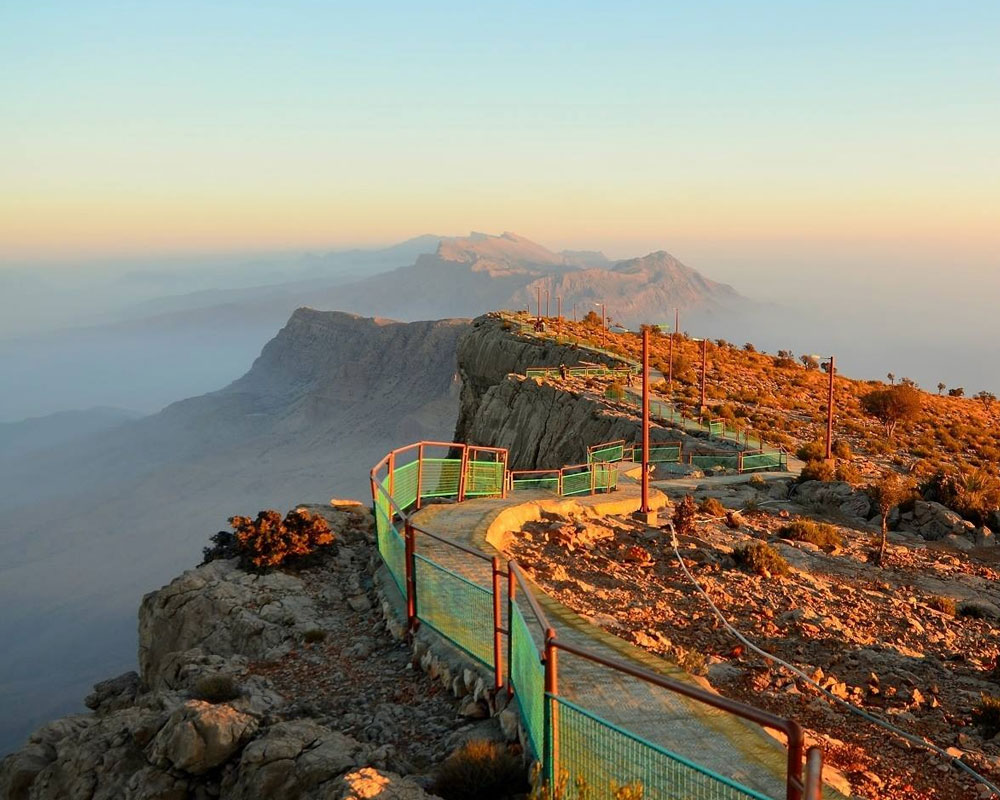
Places to visit in Sindh: Gorakh-Hills
One of Sindh’s most radiant slope stations is arranged at the height of the Kirthar Mountains, 94 kilometres northwest of Dadu city. Under the constructed place of interest yet affable by great visitors.
The mountain interfaces its end with the other area of Baluchistan.
Besides the creating side, the slope station is considered a remarkable milestone with an average temperature of 20C in summer and 0C in winter.
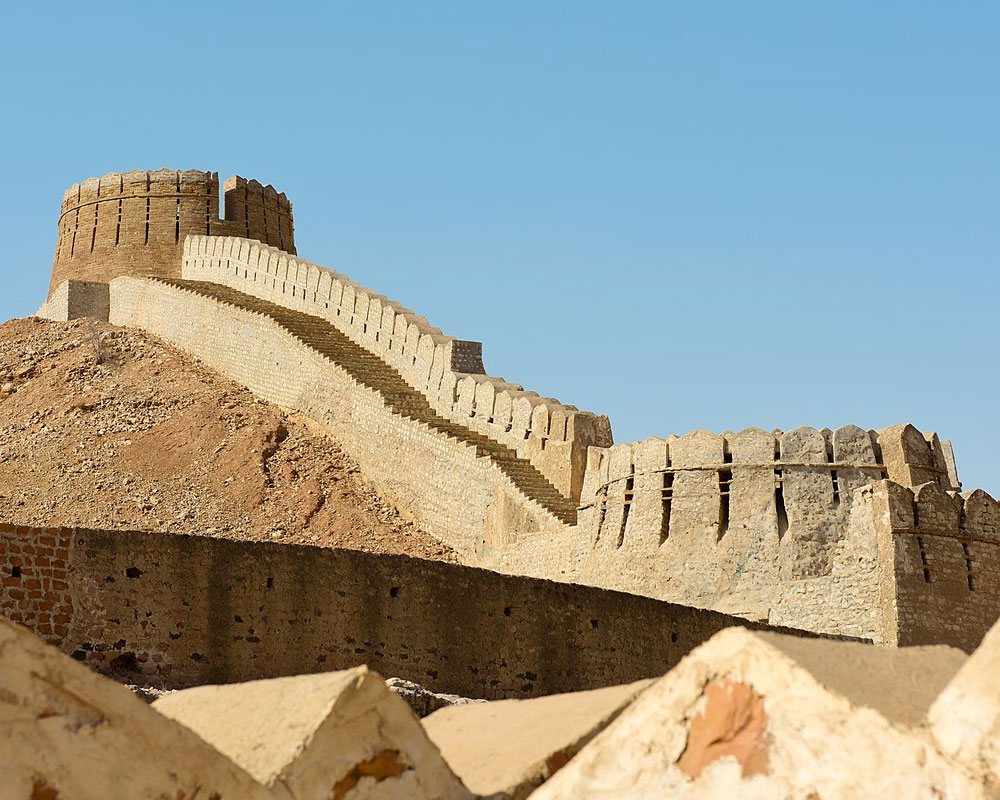
Places to visit in Sindh: Ranikot-Fort
Ranikot Fort is 90 kilometres (56 mi) on the national roadway toward the north of Hyderabad.
Ranikot is one of the largest fort in the world and is thought to have been working in 500 BC. After that, it was repurposed for weapons and, most recently, utilized by the Mirs in the sixteenth and seventeenth centuries.
Ranikot is a display called the incredible mass of Sindh. It wraps itself over slopes more than 500 feet high without breaking a sweat.
The divider is in excellent condition despite having confronted the components for over 2500 years.
An incredible place to visit for palaeontologists and explorers and the best place for the outdoors in Sindh.
The Chaukhandi Tombs are a well-preserved necropolis in the vast region of Sindh. It was constructed between the 15th and 18th centuries.
The area often attracts curious visitors and archaeologists alike.
However, despite its historical importance, there are some ominous legends associated with the site.
The Chaukhandi Tombs near Karachi, Pakistan, are a fascinating example of such burials.
Unlike the usual orientation, these tombs are built from large sandstone blocks stacked delicately in a pyramid shape from south to north.
The pieces were then unmistakably meticulously cut with unpredictable examples, illustrations, and relatable scenes.
Since 2017, Saba Ghani has been serving as the talented and dedicated chief content writer for Pakistan Tour and Travel & EMHI Solutions. With her exceptional writing skills and in-depth knowledge of the travel industry, she has been instrumental in crafting engaging and informative content that captivates the audience. You can catch her at [email protected] or Twitter
Best Pakistan Tour Packages from Islamabad & Karachi
Very nicely written blog on exploring various important places of Sindh